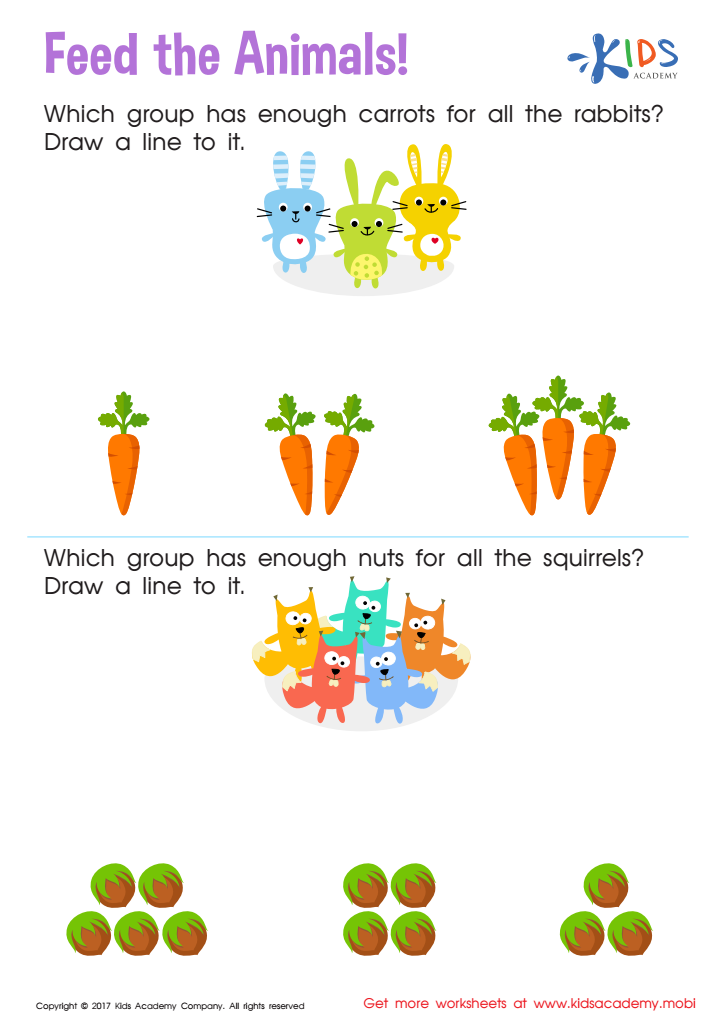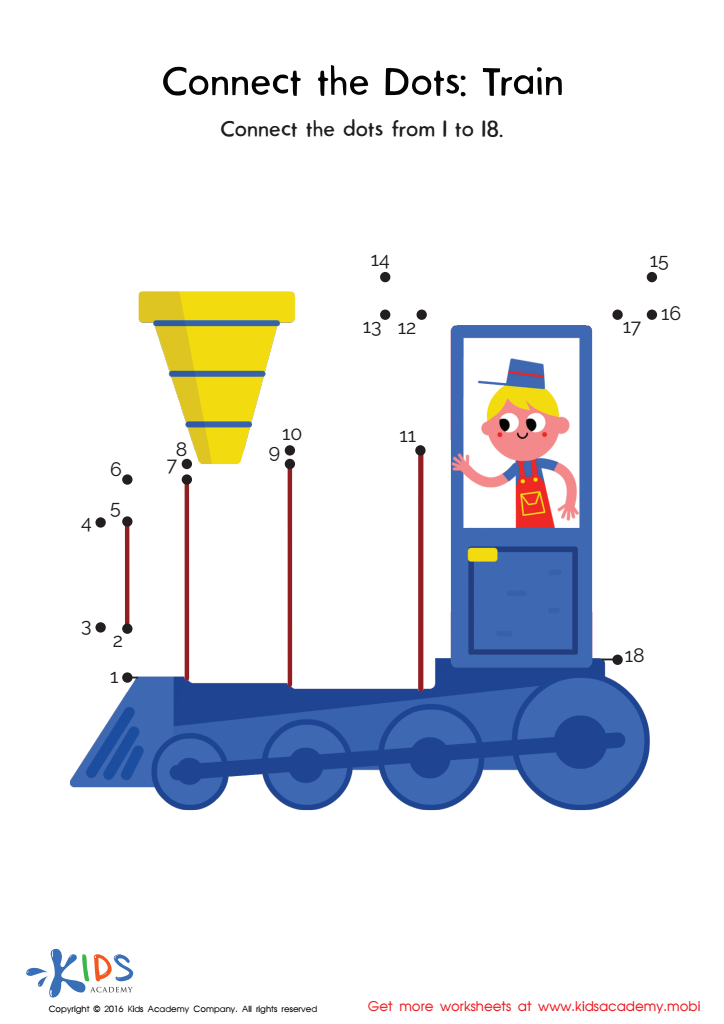Basic Counting Extra Challenge Worksheets for Ages 3-4
3 filtered results
-
From - To
Explore our "Basic Counting Extra Challenge Worksheets for Ages 3-4," designed to enhance early counting skills in a fun and engaging way! These worksheets offer a variety of exciting activities that challenge young learners to identify numbers, count objects, and develop their math foundations. With colorful illustrations and interactive elements, children will enjoy practicing their counting while improving fine motor skills. Ideal for parents and educators, these extra challenge worksheets are perfect for reinforcing early math concepts and encouraging a love for learning. Unlock your child's potential with our thoughtfully designed resources that make counting a delightful adventure!


Alien Worksheet


Count and Match: Feed the Animals Worksheet
Parents and teachers should care about Basic Counting Extra Challenge for Ages 3-4 because it lays a foundational skill that’s crucial for early mathematics and cognitive development. At this age, children are naturally curious and eager to explore numbers through play and engaging activities. Basic counting activities not only foster numerical skills but also enhance their problem-solving abilities and critical thinking.
Engaging in counting challenges helps children develop a strong number sense, which is correlated with later success in mathematics. It nurtures their ability to recognize patterns, categorize objects, and understand quantities—all of which are essential skills in later educational stages. Counting can be integrated into everyday activities, making it a fun and interactive experience.
Additionally, these early challenges promote language development by introducing new vocabulary such as "more," "less," and numerical terms. When parents and teachers participate in counting activities, they strengthen the child’s social skills and boost their confidence, as they learn through collaboration and support. By emphasizing the importance of these skills at a young age, we prepare children not only for formal education but also for lifelong learning and academic success. Ultimately, it shapes their curiosity and enthusiasm for discovering numbers and mathematics in their everyday lives.

 Assign to My Students
Assign to My Students



















